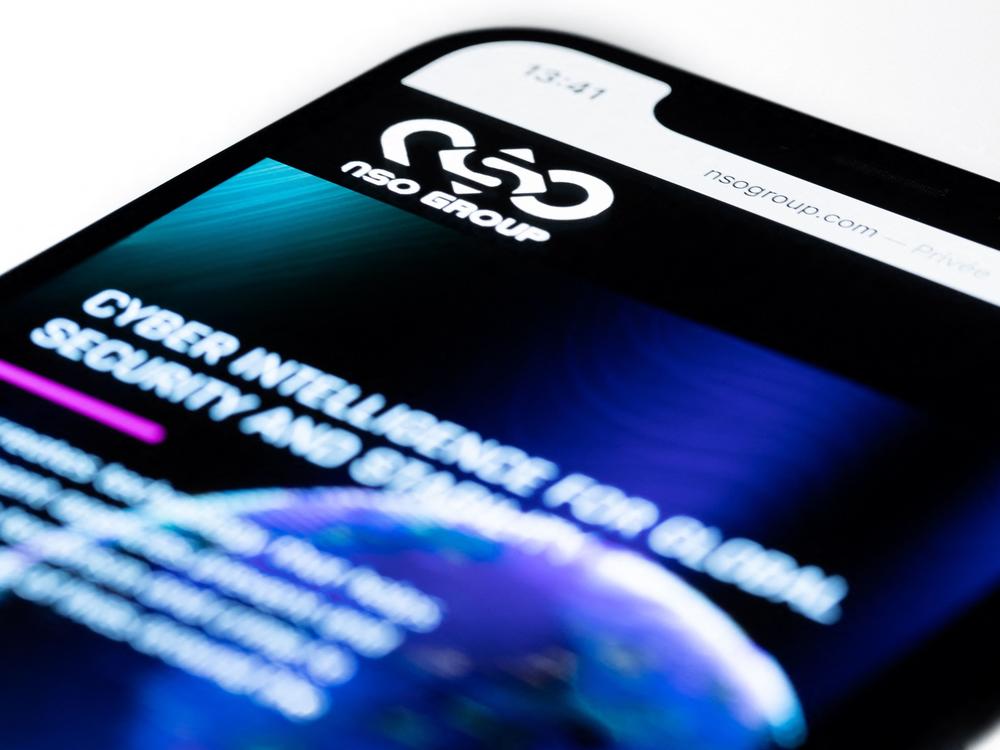Section Branding
Header Content
Israeli police used spyware to hack its own citizens, an Israeli newspaper reports
Primary Content
Israeli police have used spyware from controversial Israeli company NSO Group to hack the cell phones of Israeli citizens without judicial oversight, including activists protesting former Prime Minister Benjamin Netanyahu, an Israeli newspaper reported Tuesday.
The report in the prominent financial daily Calcalist offered the first allegations of Israel targeting its own citizens with spyware made by NSO. Israeli police said they employ legally-approved cybersurveillance tools to fight crime, but do not confirm or deny using NSO technology.
The Israeli spyware company faces mounting global scrutiny and recent U.S. sanctions for equipping regimes with powerful surveillance tools used to target human rights activists, journalists and politicians. Recently, Palestinian activists said their phones were infected with NSO spyware.
According to Tuesday's news report, which did not name any sources, Israeli police acquired NSO's Pegasus spyware in Dec. 2013. It said police began to use it after Dec. 2015 without court orders, intercepting calls and messages on the cellphones of Israelis who were not suspected of crimes.
"Blatant and illegal intrusion of the privacy of citizens without court orders. This is not how a democracy works," tweeted Tomer Ganon, the journalist who reported the story.
The report said that in 2020, police hacked leaders of the Black Flag movement, which organized street protests throughout Israel demanding the resignation of then-Prime Minister Benjamin Netanyahu, who faces corruption charges.
Police also used it to spy on two mayors suspected of corruption, on anti-LGBTQ activists in order to prevent potential attacks on pride parades, and in murder investigations, the newspaper reported.
In other cases, police hacked into citizens' phones to collect information that could be used to pressure suspects under interrogation, the report said.
High-ranking police officers order a classified police cyber unit to carry out the cell phone surveillance, it said.
In a statement, the Israeli police chief did not say if police employed NSO spyware but denied police had used cyber tools to target the anti-Netanyahu activists, mayors and anti-LGBTQ activists, as alleged in the story.
Following the news report, Israeli Public Security Minister Omer Bar Lev tweeted that the police does not wiretap or hack devices without a judge's approval, but that he would seek more oversight.
"I intend to ensure that no corners are cut with regards to NSO and that everything is checked and approved by a judge in the most thorough manner," the minister wrote.
The Association for Civil Rights in Israel, a human rights group promoting civil liberties in the country, called for an investigation.
"The Police do not have the authority to track a phone without a warrant, do not have the authority to conduct a wiretap investigation without a warrant, and cannot search phones without a warrant, and as such the Police certainly do not have the authority to break into and seize the information on a phone. If the police have done so, it is a crime," the group said in a statement.
NSO Group would not confirm it sold spyware to the Israeli police but said in a statement that it "sells its products under license and regulation to intelligence and law enforcement agencies to prevent terror and crime under court orders and the local laws of their countries."
NSO reportedly blocks its government clients around the world from targeting phone numbers in Israel and the "Five Eyes" intelligence alliance: the U.S., U.K., Canada, Australia and New Zealand. But the company has not said publicly whether those six countries use NSO spyware to target their own citizens.
In mid-2021, a consortium of international media outlets reported a leaked list of some 50,000 phone numbers that governments allegedly sought to target using NSO's Pegasus spyware, including 180 journalists in nearly two dozen countries, the fiancée of slain Saudi journalist Jamal Khashoggi, and 14 heads of state, including French President Emmanuel Macron.
In late 2021, the U.S. imposed sanctions on NSO for "malicious cyber activities."
Copyright 2022 NPR. To see more, visit https://www.npr.org.

